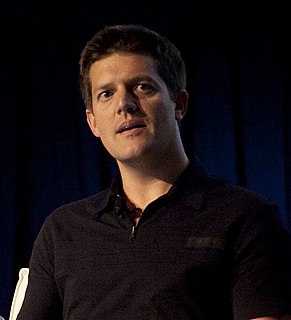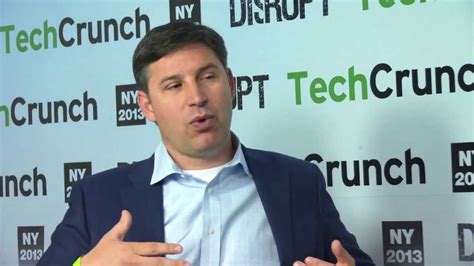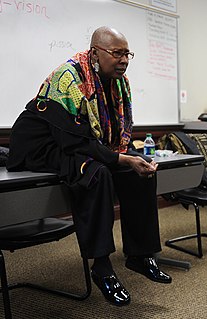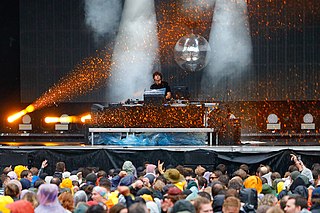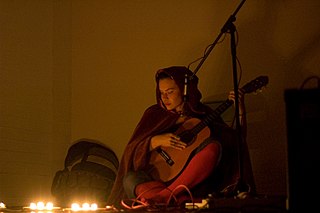A Quote by Roelof Botha
I try getting in front of as many opportunities as possible, but in the late '90s, I had no idea that I'd end up being CFO of a technology company. I'd no idea what venture capital was.
Related Quotes
The ability of so many people to live comfortably with the idea of capital punishment is perhaps a clue to how so many Europeans were able to live with the idea of the Holocaust: Once you accept the notion that the state has the right to kill someone and the right to define what is a capital crime, aren't you halfway there?
At the beggining of my career, for me the comedy circuit was a combination of desperation and the fact that it was something I could do. I sort of meandered and really had no idea what I was going to do with my life. I had a go at stand-up, and I was sort of okay at it. I'd say I'm the opposite of someone that has the urge to stand in front of strangers and make them laugh, but the idea of getting up and telling a story and people finding it amusing always appealed to me. So I'd say it was probably more about that than anything.
The late '90s were a really bad time for people trying to be rock stars, you know what I mean? It seemed like everyone was a one-hit wonder on the radio. We had friends who had a hit single on the radio and sold 500,000 records, and then they couldn't get arrested a year later. I had this feeling at the time that that was not possible anymore, so the idea of becoming the biggest band in the country—it seemed laughable. I felt that having those sort of ambitions was foolish, because there was no way that was going to be possible. If you saw it that way, you were just deluding yourself.
Amazon thrived because it implemented the online bookstore idea better than any of its early rivals did, not because it was the only company to have the idea or the first company to have the idea. It continues to grow only because it keeps trying to improve on the details of the idea and the way it puts it into practise.
I certainly felt I had an idea of World War II, and it's probably the idea that many people share: there was this insane aggressor, and there was really only one way to proceed in resisting him. What I didn't realize is that there were many voices belonging to reasonable, interesting, complicated people who had a different way of interpreting the possible responses to the Hitlerian menace.
I think everybody is psychic. I think it's one of the things in our subconscious that, for some reason, we've convinced ourselves that it's not real or possible, and luckily, we're getting closer and closer, I think we're using technology to give us these psychic powers that we already had. It's sort of like the idea that you can't dream up something unless it already exists.
